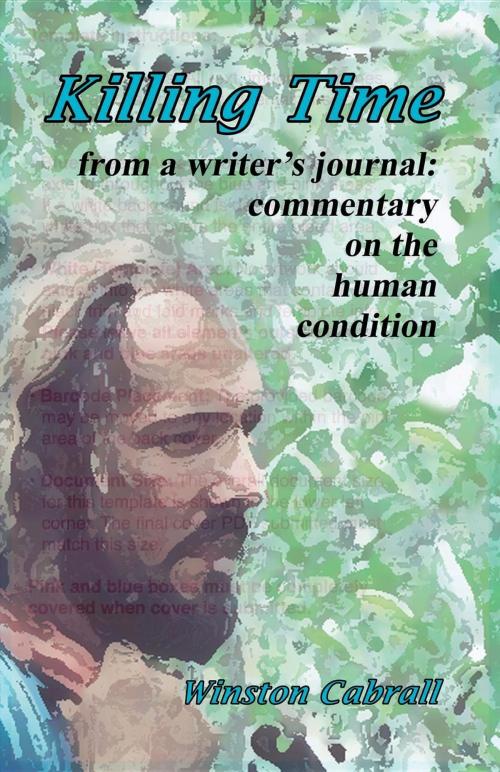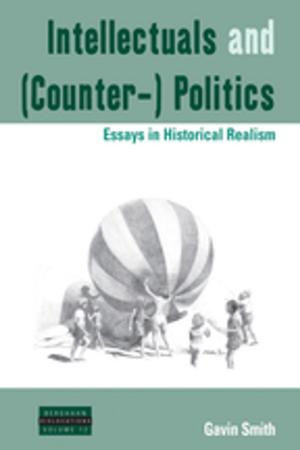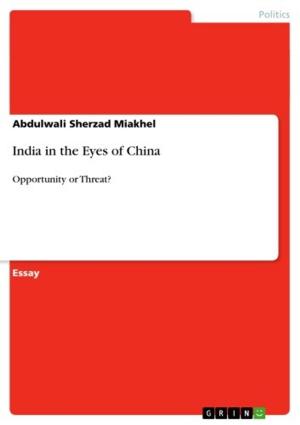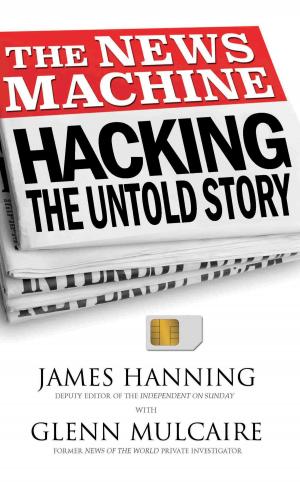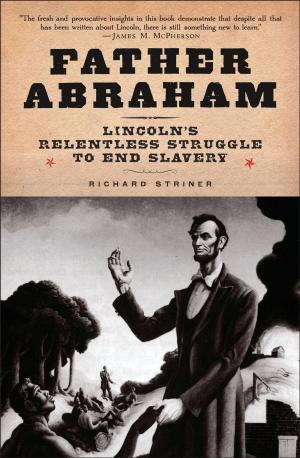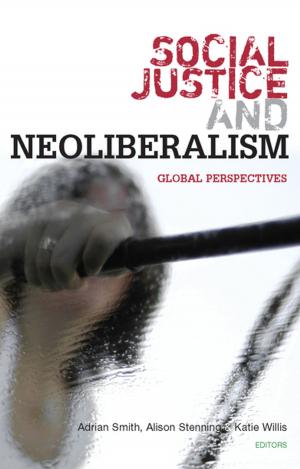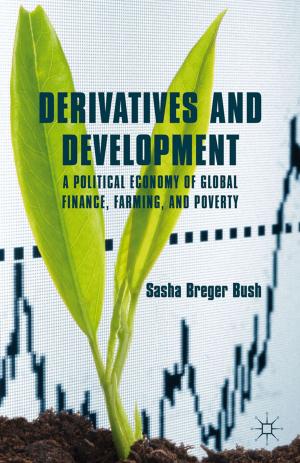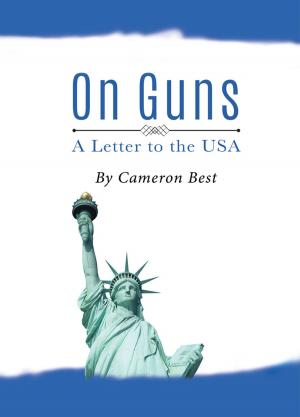Killing Time: from a writer's journal
commentary on the human condition`
Nonfiction, Religion & Spirituality, Philosophy, Ethics & Moral Philosophy, Health & Well Being, Psychology, Mental Health, Social & Cultural Studies, Political Science| Author: | Winston Delano Cabrall, Lynn Cabrall Amos | ISBN: | 9780994472007 |
| Publisher: | Winston D. Cabrall | Publication: | October 25, 2015 |
| Imprint: | Winston D. Cabrall | Language: | English |
| Author: | Winston Delano Cabrall, Lynn Cabrall Amos |
| ISBN: | 9780994472007 |
| Publisher: | Winston D. Cabrall |
| Publication: | October 25, 2015 |
| Imprint: | Winston D. Cabrall |
| Language: | English |
Killing Time is a collection of largely humorous critical commentary and discussion on everything from politics to insanity and religion. The segments, taken from the author's daily journal covering the period late 2012 to early 2014, were intended to 'kill some time' while resting from the demands of completing a complex work of psychology and neurology that is The Insanity Myth (near ready for publication). Autobiographical in style, Killing Time is a work of 'creative non-fiction,' rife with humour, satire and personal unloading. It is also perhaps less brave than simply 'world-weary' in offering a sincere challenge to some of the most respected thinkers/writers on science and subjective thought (the author is of senior years). In this, Killing Time 'takes no prisoners'--playfully and otherwise, it cuts, thrusts and taunts even 'tall poppies.' Widely, it teases, lampoons, elevates, and deprecates humanity itself; its authority is based on scholarship, inner and outer adventure, experience and age. Covertly and openly, it offers the reader an uncommon and refreshing perspective on subjective discourses and language terms; it claims no 'belief' and avoids the usual hackneyed polarization in contentious issues discussed. In doing so, it arises spontaneously from what was of significance and interest to the author day-by-day. It is a book about how humans are spending time in the greater world of time itself--and occasionally 'killing time' with the therapy of comic relief.
Killing Time is like a holiday jaunt through the author's interests, attitudes, moods, abilities, life-style, global locality, commitments and sense of fate; it is a fluent spill of prose that occasionally uses a bit of doggerel or a vignette to condense and deliver its message.
Foremost, Killing Time is a book for Australian readers, largely because of the political and social content. Though written with no 'target audience' in mind, the book's humour, pathos, and satire will find readers amongst writers, journalists, and astute readers/observers, in any country.
Killing Time is a collection of largely humorous critical commentary and discussion on everything from politics to insanity and religion. The segments, taken from the author's daily journal covering the period late 2012 to early 2014, were intended to 'kill some time' while resting from the demands of completing a complex work of psychology and neurology that is The Insanity Myth (near ready for publication). Autobiographical in style, Killing Time is a work of 'creative non-fiction,' rife with humour, satire and personal unloading. It is also perhaps less brave than simply 'world-weary' in offering a sincere challenge to some of the most respected thinkers/writers on science and subjective thought (the author is of senior years). In this, Killing Time 'takes no prisoners'--playfully and otherwise, it cuts, thrusts and taunts even 'tall poppies.' Widely, it teases, lampoons, elevates, and deprecates humanity itself; its authority is based on scholarship, inner and outer adventure, experience and age. Covertly and openly, it offers the reader an uncommon and refreshing perspective on subjective discourses and language terms; it claims no 'belief' and avoids the usual hackneyed polarization in contentious issues discussed. In doing so, it arises spontaneously from what was of significance and interest to the author day-by-day. It is a book about how humans are spending time in the greater world of time itself--and occasionally 'killing time' with the therapy of comic relief.
Killing Time is like a holiday jaunt through the author's interests, attitudes, moods, abilities, life-style, global locality, commitments and sense of fate; it is a fluent spill of prose that occasionally uses a bit of doggerel or a vignette to condense and deliver its message.
Foremost, Killing Time is a book for Australian readers, largely because of the political and social content. Though written with no 'target audience' in mind, the book's humour, pathos, and satire will find readers amongst writers, journalists, and astute readers/observers, in any country.
